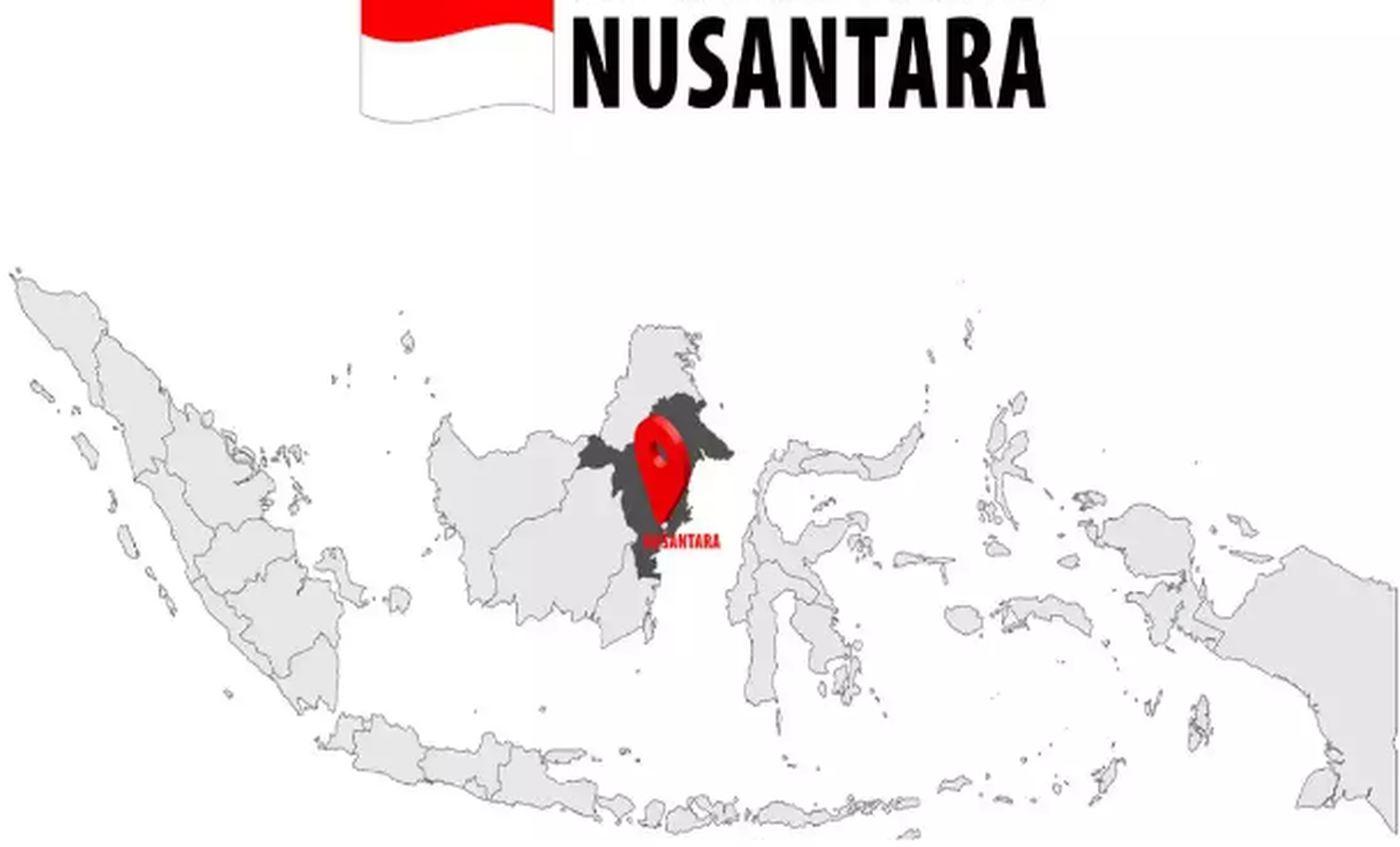Jakarta, the current capital of Indonesia, faces a severe sinking issue with significant portions below sea level. In response, Indonesia has embarked on an ambitious project to construct a new capital named Nusantara.
The Sinking of Jakarta:
Jakarta is not just Indonesia’s largest city; it’s also one of the most populous urban areas worldwide. The city's extensive groundwater extraction has exacerbated its sinking problem, threatening its sustainability. Currently, nearly 40% of Jakarta is underwater, with projections showing a potential rise in affected areas.
source: istock
The Birth of Nusantara:
To counter the threats facing Jakarta, the Indonesian government plans to relocate the capital to Nusantara, situated on Borneo’s east coast. This relocation mimics global precedents seen in Brazil and Nigeria but is unique in its climate crisis motivation. The project, expected to be completed by 2045, aims to distribute population and governmental functions more sustainably.
Strategic Advantages of Nusantara:
Chosen for its strategic advantages, Nusantara’s location near the sea and away from disaster-prone zones reduces risks from tsunamis, earthquakes, and eruptions. This forward-thinking move by President Joko Widodo in 2019 highlights an adaptive strategy for Indonesia's environmental and administrative challenges.
Ongoing Challenges in Jakarta:
Despite the future move, Jakarta continues grappling with sinking repercussions. Historical sites and modern infrastructure are increasingly at risk. The government, therefore, is not only focusing on Nusantara but also enhancing Jakarta’s resilience through improved urban planning and flood prevention initiatives.
The development of Nusantara is a testament to Indonesia’s proactive approach to its capital city’s sinking dilemma. As the world watches, this project sets a precedent for addressing urban environmental challenges through strategic relocation and innovative planning.








